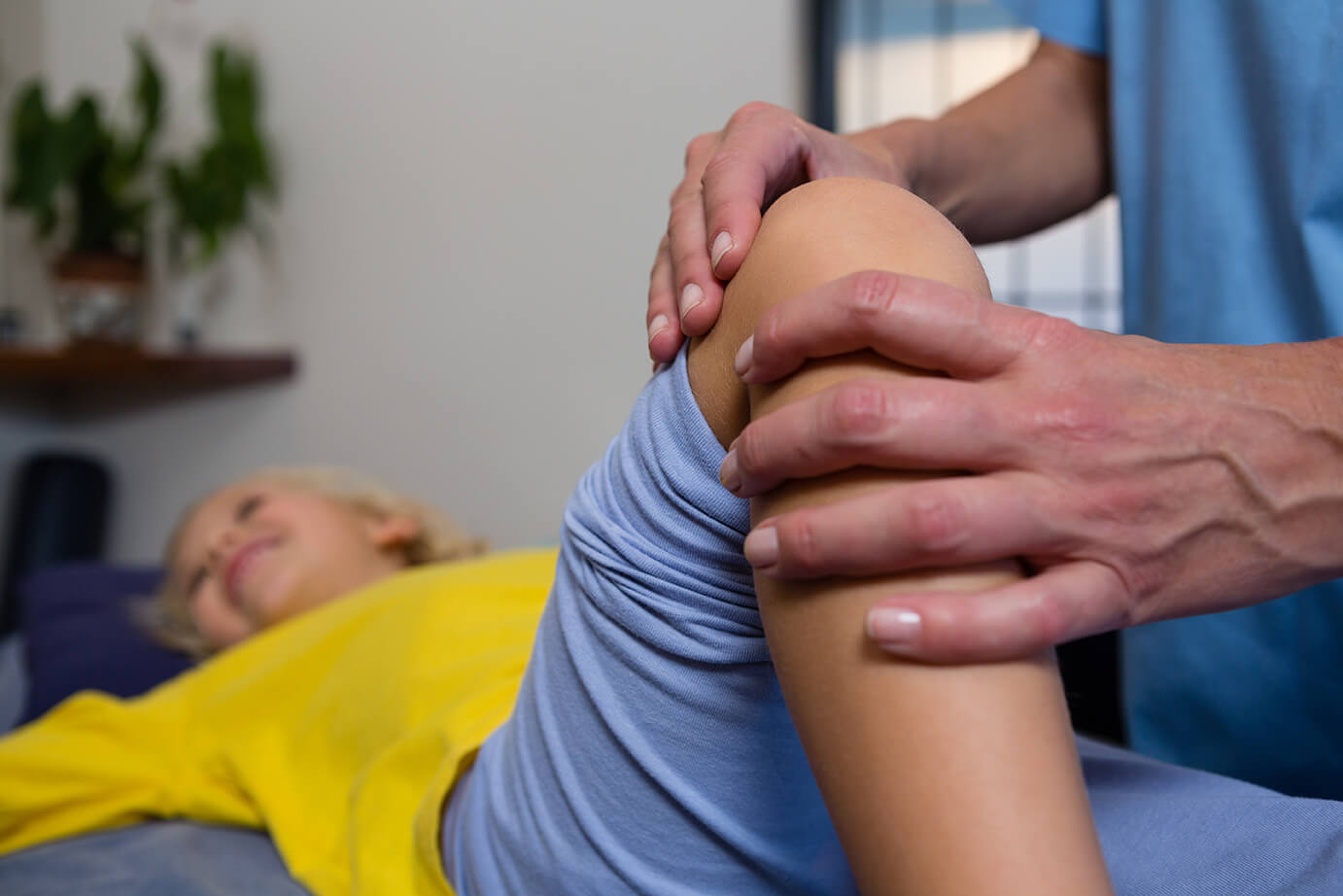Pediatric physical therapy is a type of physical therapy that is specially tailored toward kids. It’s unique from regular physical therapy because it centers on the conditions that most commonly affect children and the best treatments for them.
If you’re interested in learning more about pediatric PT for your child, here’s what you should know. In the following sections, we’ll go over the types of children who most benefit. We’ll also cover the basics that parents should familiarize themselves with.
What types of children would benefit most from pediatric physical therapy?
There is a wide range of reasons why a child might benefit from pediatric physical therapy. Children who experience developmental or neurological conditions affecting their physical mobility and coordination are more likely to need some extra assistance from a physical therapist. Take a look at some of the conditions that physical therapy could benefit:
- Autism.
- Spina bifida.
- Cerebral palsy.
- Sports injury.
- Down syndrome.
- Unusual gait pattern.
- Post-surgery.
- Muscle weakness
- Muscular dystrophy.
- Juvenile idiopathic arthritis.
- Scoliosis.
This is not an exhaustive list of the conditions that physical therapy can help treat for children. It’s rather just a short list that serves to show how PT can help a wide range of children with unique physical and neurological conditions.
What are some of the basic things to know about pediatric physical therapy?
- Minimizes pain — One of the benefits of pediatric physical therapy is that it can help reduce your child’s pain. If your child has been injured or has a chronic illness, PT can help minimize the severity of their pain.
- Reduces the need for surgery — PT can also help reduce the need for surgery. If your child has a condition that could be treated with surgery, it may be beneficial to try PT first. Physical therapy is a noninvasive, conservative treatment option that has proven effective time and time again.
- Helps recover from surgery — If your child has undergone surgery, PT can help them recover. PT can help your child gradually work on improving their physical health until they reach the desired outcome. A therapist can help your child improve their strength, mobility and range of motion after surgery.
- Reduces the chances of future injury — Physical therapy can also reduce the chances of developing an injury in the future. A pediatric physical therapist can guide your child through strength-building exercises to help protect their joints, ligaments, tendons and more.
- Manages chronic conditions — If your child is dealing with a chronic condition, PT may be able to help them manage their symptoms. Conditions like juvenile arthritis can leave a child struggling to deal with pain and stiffness. Fortunately, a PT specialist can teach them ways to reduce their pain and stiffness so that their symptoms don’t interfere with their life as much.
- Addresses any unusual gait or walking patterns — PT can also be useful for addressing an unusual gait pattern in a child. If they walk around on the tips of their toes or with a limp, for example, a physical therapist will work to help them improve these patterns.
- Improves posture — Certain conditions can cause skewed or poor posture, which can also be addressed during physical therapy. PTs understand what type of posture is healthy to maintain and how to encourage children to correct their posture long-term.
- Improves balance — If your child struggles with balance, a pediatric physical therapist may not only help determine the cause but also treat the root of the issue.
- Increases range of motion — In cases where range of motion is limited, a PT specialist can help your child work through a series of gentle exercises and movements. These are designed to improve range of motion and make movement more fluid and easy to perform.
Schedule an appointment with us today to discuss how pediatric physical therapy can benefit your child
Pediatric physical therapy may be beneficial for your child. It can improve a variety of musculoskeletal and neurological conditions. We know that helping your child manage their condition can take a village, which is why we’re committed to doing our best to help. The physical therapy specialists at Peak Performance Sports and Physical Therapy can guide your child toward recovery and symptom management so that their quality of life can improve. Reach out to our team at our Garner, North Carolina, location for more information.
If your child is dealing with a musculoskeletal or neurological condition that is affecting their daily life, contact us today for more information or to schedule an initial appointment.


